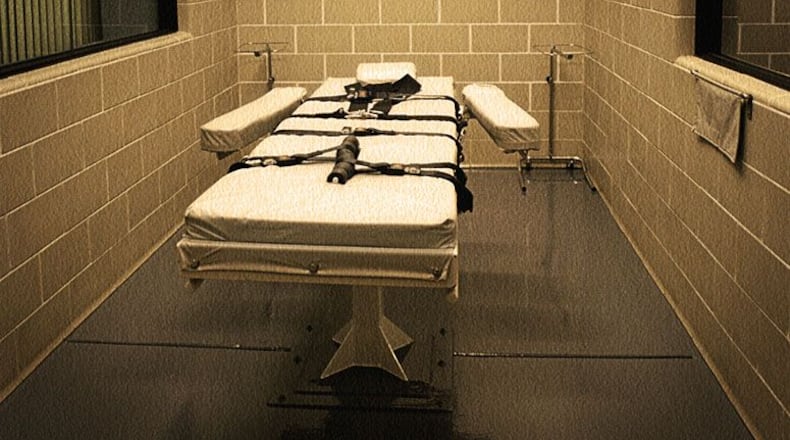Individuals with intellectual disabilities and juveniles are currently exempt from capital punishment.
“No less than juveniles or the mentally disabled, persons with serious mental illness lack the culpability normally associated with death penalty offenses even if they cannot meet the exacting standards of ‘not guilty by reason of insanity’ — a defense which if proved, prohibits any punishment on the offender,” according to the Ohio Alliance for the Mental Illness Exemption, which is urging support of SB40.
In April 2014, the 22-member Ohio Supreme Court Death Penalty Task Force recommended the most sweeping overhaul to capital punishment the state has seen in 30 years. Among its 56 recommendations in a 76-page report: prohibit executions of mentally ill prisoners.
Ohio adopted its current death penalty statute in 1981. It has executed 53 men since executions resumed in 1999. Mental Health America estimates that 20-percent of all death row inmates suffer from a severe mental illness.
Ohio Department of Rehabilitation and Correction said 46 of the 138 inmates on Death Row are receiving mental health treatment and 22 of the 46 are designated as seriously mentally ill. Data on how many of them had the mental health issue at the time of their crimes was not available.
State Rep. Niraj Antani, R-Miami Twp., who supports ending capital punishment, said “I understand that repealing the death penalty is a controversial issue, but I hope we can come to a consensus that at the very least those people with serious mental illnesses should not be executed.”
The Ohio Prosecuting Attorneys Association has been an ardent supporter of maintaining the death penalty.
Megan Testa, a forensic psychiatrist and a member of the Ohio Psychiatric Physicians Association, said the association backs SB40 because it establishes procedures for considering reduced culpability for offenders suffering for severe mental illnesses when they commit crimes.
About the Author

